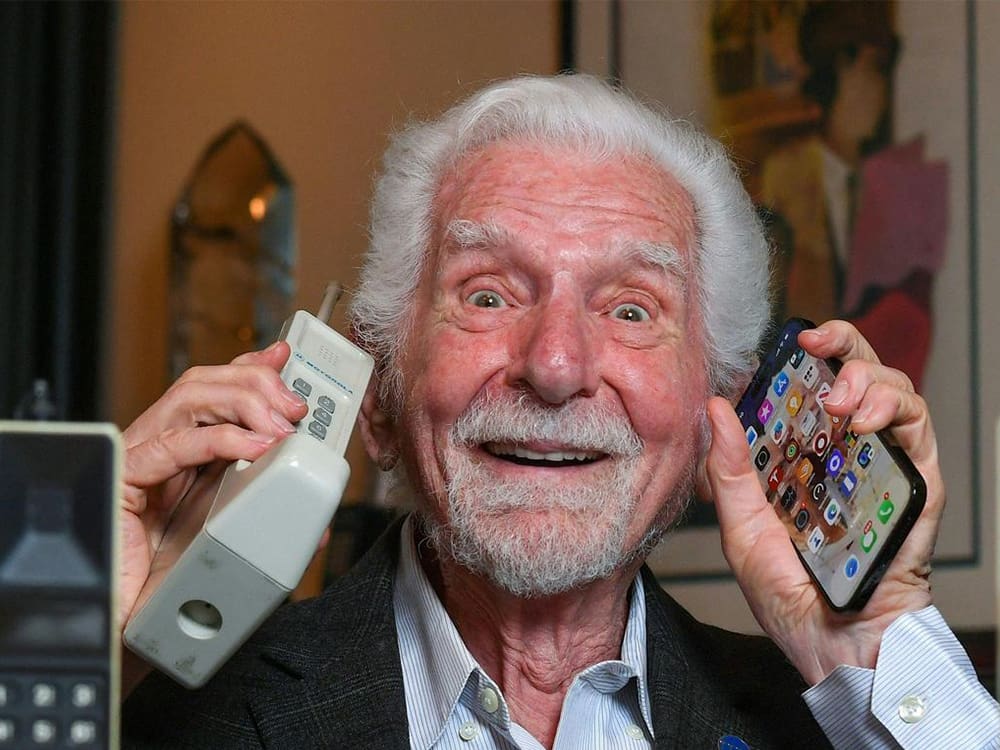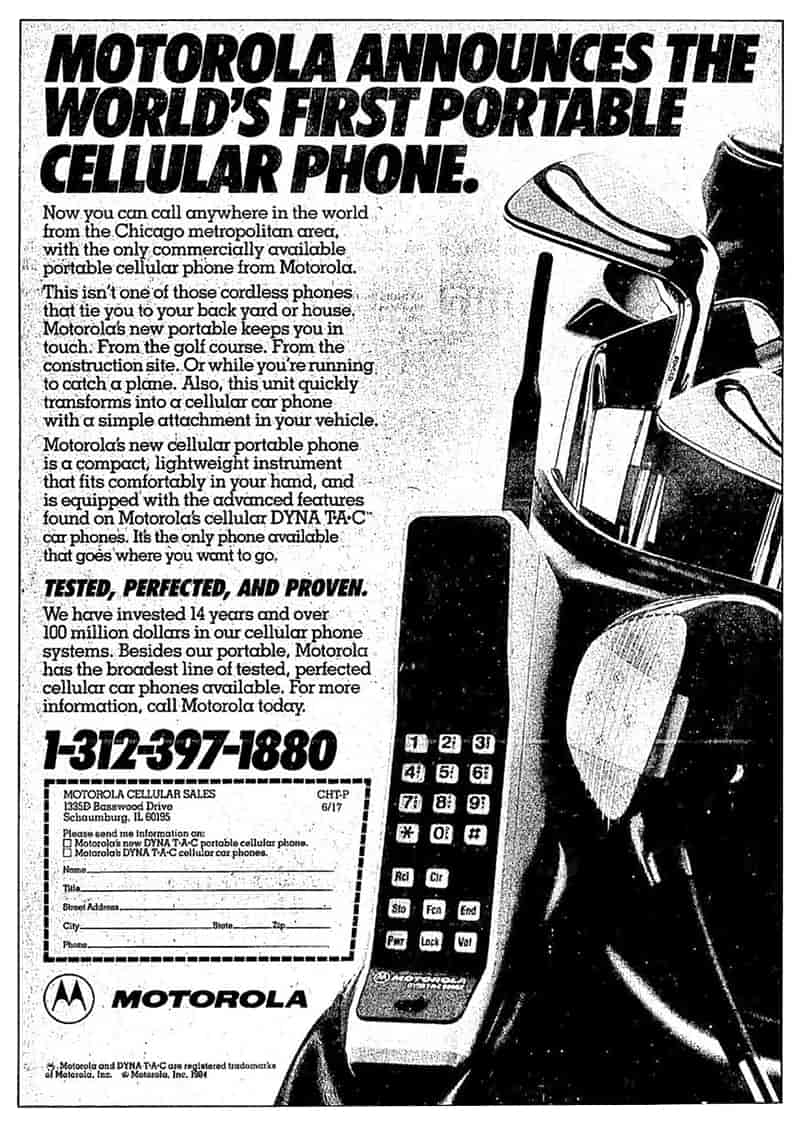Android or iOS? Or maybe something else? In the modern days of mobile devices and internet, the market offers more choices than what consumers can ever consume in a lifetime.
According to Android, there is more than 1,000 brands that ship with the operating system, and combined, they have produced over 20,000 distinct Android devices.
As for iOS, there is only a handful, but if combined, Apple managed to conquer roughly half of the global smartphone market, which has sold around 7 billion smartphones.
But let's not forget the first "mobile phone" was created by Martin Cooper, an American engineer dubbed the "Father of the Cellphone."
He's aware of how fast the mobile development has grown, and how smartphones carry almost boundless potential.
The problem with mobile phones, according to him, is that people look at them too much.

In an interview with AFP from his office in Del Mar, in San Diego County, California, the 94-year-old inventor said that people "can be a little obsessed."
"But after a few people get run over by cars, they'll figure it out."
During his days, Cooper was working for Motorola. At that time, an idea about a cellular phone system existed just after the World War II. And by the late 1960s, the idea was only as far as putting phones in cars—partially because of the huge battery they needed.
Cooper considered the pace of the development sluggish, and considered the industry for failing to see the potential of a truly mobile device.
This is why at the end of 1972, he decided to create a device that people could use anywhere.
It doesn't have to be plugged when in use, and can function beyond than just a car phone.
Cooper was full of energy that he assembled a full spectrum of resources available at Motorola, and had a team of experts in semiconductors, transistors, filters, and antennae.
They worked tirelessly around the clock for three months.
By the end of 1973, he unveiling the DynaTAC—Dynamic Adaptive Total Area Coverage—phone.
Read: DynaTAC, The First Portable Phone
When Cooper created the world's first cell phone, it was like a brick.
It was as large as one, and was extremely heavy, if compared to modern standards.
"This phone weighed over a kilo [...] and had a battery life of roughly 25 minutes of talking," he said.
"That was not a problem. This phone was so heavy, you couldn't hold it up for 25 minutes."
Cooper said a handset used to cost around $5,000.
But as technology advanced and that the number of transistors in an integrated circuit have multiplied significantly, people can cramp a lot more computing power into a tinier spaces.
As a result, phones become a lot more powerful, and this made them a lot smarter. They're also a lot lighter.
And a lot cheaper, too.
Following the implementation of a truly mobile internet, the adoption of smartphones have revolutionized the way people communicate, and use the so-called "cellphones."
"There are more mobile phone subscriptions in the world today than there are people. So that part of our dream has come true."

"In the future, we can expect the cell phone to revolutionize education, it will revolutionize healthcare."
"I know that sounds like an exaggeration, but I want you to know within a generation or two, we are going to conquer disease."
Cooper wears an Apple Watch and uses an Apple iPhone. Cooper switches to new models every time they're updated, to give them "a thorough road test."
With them, he intuitively browse and reply to his emails, use it to take photos and videos, stream videos on YouTube, and use it to control his hearing aid.
But as a senior citizen, he confesses that with several million apps available in the market, things are just too much for him.
"I will never, ever understand how to use the cell phone the way my grandchildren and great grandchildren do," he said.
For Cooper, he said that he mostly use his iPhone to speak to people through calls, not text.